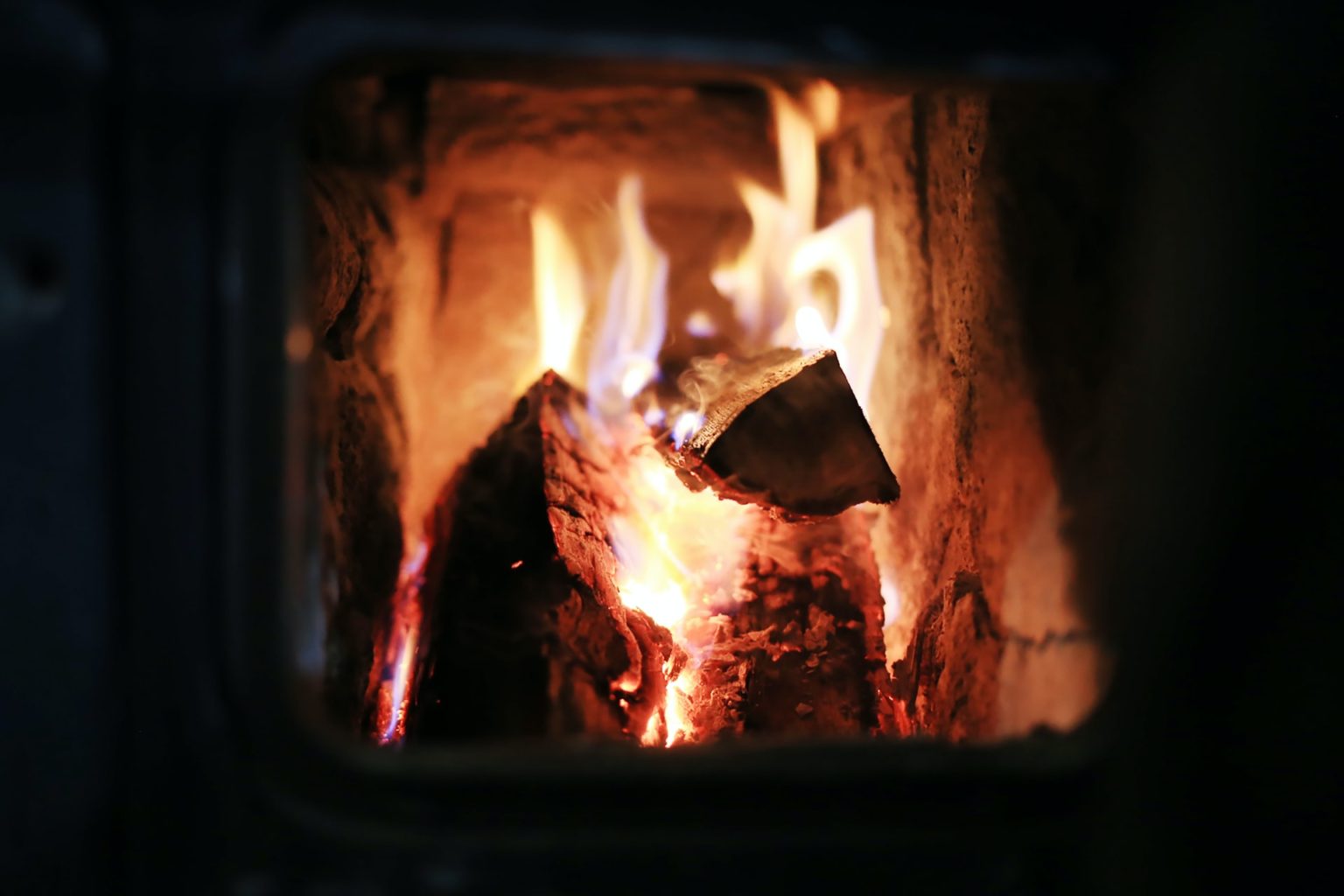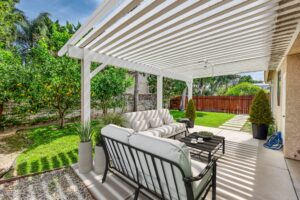Unless you’re one of those lucky people that live in a climate that gives you perpetual sunshine and warm weather, you’re probably enduring the height of winter and all of the cold conditions it brings. Winter is a nightmare, isn’t it? The gutters are constantly dripping because of the showers of rain and snow, the ground beneath your feet is always slippery due to ice, and the only warm air you are likely to experience for an extended period of time is artificially created indoors.
Compounding all of that is the COVID-19 pandemic, which, after a summer of demanding that you stay indoors away from the sunlight, is now ensuring that you remain in your home during the cold weather. Ok, being next to a warm fireplace during the winter months is usually a good idea, but that’s only the case if all of your heating appliances are working.
Imagine this terrible scenario–you’re sitting comfortably in your living room, and the temperature drops. You check your thermostat and, lo-and-behold, it’s turned up to the max. Yet, you are still cold. So, what do you do when the heating goes out? Well, here are a few ideas to help you out, should you face the worst-case scenario that winter can bring.
Where is the problem?
It’s no good trying to solve a problem with your heating system if you aren’t entirely sure where the problem lies. Luckily, finding it shouldn’t be too much of an issue, as there will be plenty of clues for you to follow. The heat source in most people’s homes is in the furnace or water boiler, so there is your starting point. From there, draw yourself a checklist, and run through your home’s HVAC system.
HVAC systems comprise the heating, ventilation, and air conditioning appliances and units of the home, and each component has a symbiotic relationship with each other. The heating heats the air, the ventilation keeps it circulated and the air conditioner keeps the air dry. If one breaks down then the others will over-compensate leading to higher energy bills. In some cases, they simply will fail to do what they’re supposed to, leading to issues like mold, dampness, higher humidity, and extreme temperatures.
The best thing you can do when you have heat loss is to trace the pipes from the boiler and through the home. Check for damp patches that will indicate leaks, and if you find none, look at the other parts of the HVAC system to see if there are any blocked vents or air-conditioning unit failures. If there is extra moisture in the air, then your heating system will be working twice as hard to heat both the air and the water in it, so your thermostat may not be giving you an accurate reading.
When you have found the issue, don’t try and fix it yourself. Get in touch with a company like Del-Air Heating, Air Conditioning & Refrigeration, Inc. and see about getting the issue repaired. It isn’t a DIY job, as a bad heating repair can lead to potentially lethal issues such as carbon monoxide leaks. Carbon monoxide is odorless and incredibly dangerous, and your engineers will want to ensure that your heating system is devoid of potential leaks here, too. Despite COVID-19 you don’t have to go without heating for an extended period. Give the pros a call as soon as you’ve found the problem and have it fixed.
Prevent it from happening again.
There are a myriad of ways to prepare your house for winter, and if you’ve had to have any of your appliances fixed, then this should be a top priority for 2021. It’s not a long period of time between winterizing the pipes for one year to the next, and the best preparation is to try and stay on top of it all year round.
Remember, don’t be deceived into believing that just because the temperature has decreased, that you shouldn’t be paying attention to the other parts of the HVAC system. Cold air can still be humid, and the last thing you need is mold built during the winter, infesting your home during the summer.
In it for the long run, heating during the Summer.
If working from home has taught us anything this year, it’s that being comfortable at home is absolutely paramount to productivity. Staying warm and cool during the summer months could be a job for the AC Unit. Adding a heat pump to your air conditioner will allow it to keep the air cool and dry during the warm nights, and warm and dry during the cool nights. It might be worth the extra investment.













